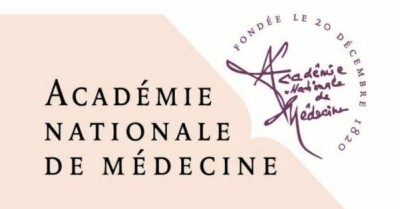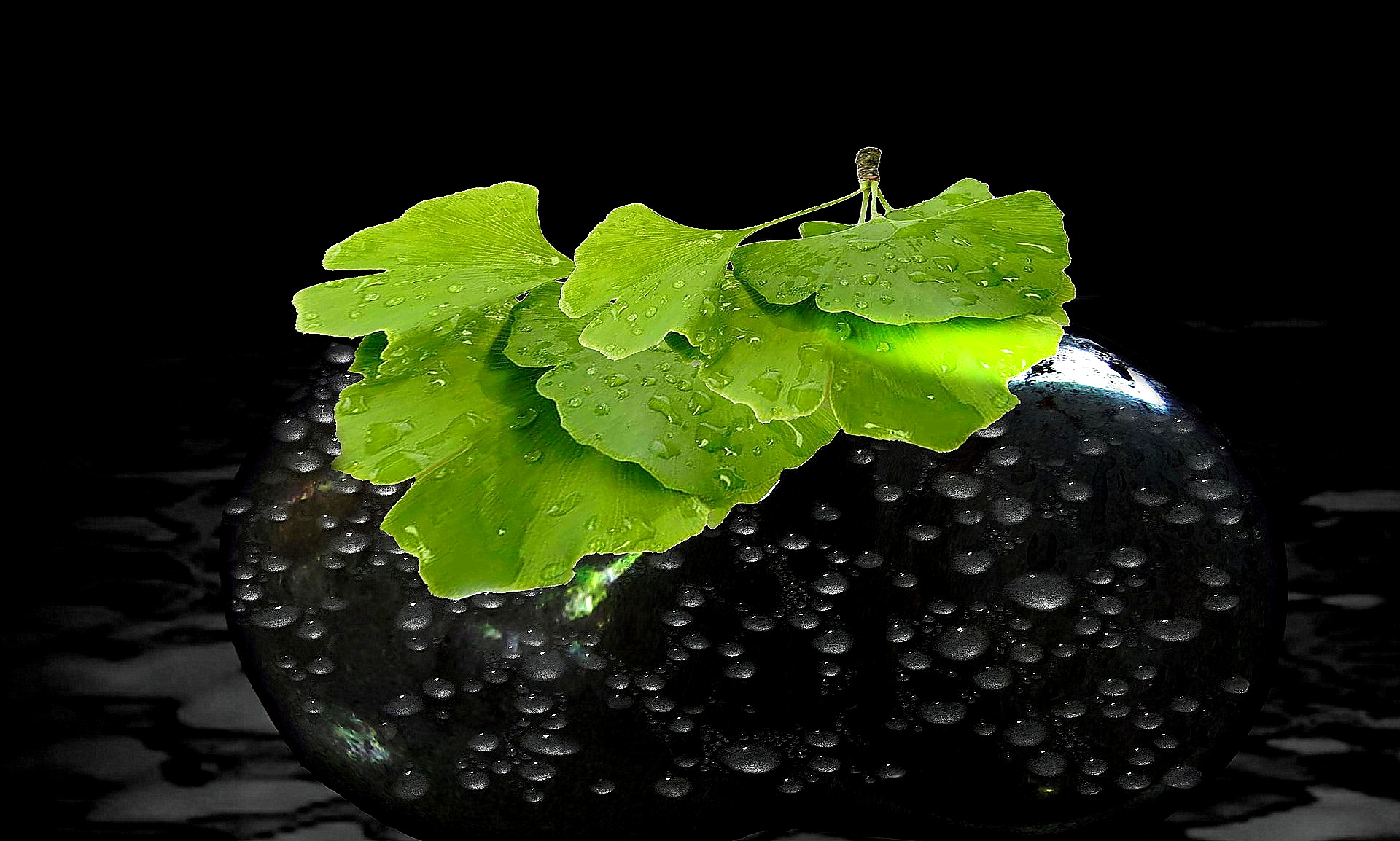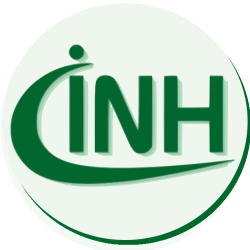More than a year ago, the discussion about homeopathy in health care in France began, triggered by the merger of 124 doctors (the #NoFakeMed initiative), who made a clear statement to the public. The waves went up quickly, the public debate flared up, #NoFakeMed members were even sued before the Medical Association – and probably also before the ordinary courts – for the insubordination to stand up against unscientific and specifically ineffective homeopathy. The French health policy, in the person of Health Minister Buzyn, was initially rather cautious (“does no harm, may be useful even if it avoids ‘poisonous’ medicines”), but then came under pressure when the central French Medical Association took a stand against homeopathy. Ms. Buzyn played for time by requesting an expertise from the French Medical Science Academy. We reported here and here.
This expertise has been available since yesterday (25 March 2019). And more: There was a joint communiqué from the medical and pharmaceutical academies. Le Figaro reports.
 In a joint declaration (addressed to the government), the boards (of the academies) called for an end to the reimbursement of homeopathy (within the framework of public health) and an end to their teaching at the Faculties of Medicine and Pharmacy.
In a joint declaration (addressed to the government), the boards (of the academies) called for an end to the reimbursement of homeopathy (within the framework of public health) and an end to their teaching at the Faculties of Medicine and Pharmacy.
“End the reimbursement of homeopathy by statutory social security. Note that it is a placebo and inform patients accordingly; indicate on the packaging that there is no scientific evidence of efficacy; no longer accredit a university degree (in homeopathy) in a medical faculty or certificates and diplomas in pharmacy or veterinary education. More than a year after the publication of the Forum (#NoFakeMed) in Le Figaro Santé by 124 doctors, which relaunched a debate as old as the therapy itself, the Medical Academy voted 58 votes in favour (16 against, 8 abstentions) this Tuesday afternoon for a communiqué signed jointly with the Pharmaceutical Academy to reaffirm its positions on homeopathy.
What the Medical Academy had already made clear in 1984, 1987 and 2004 and then via its participation in the Scientific Advisory Board of the Academies of European Sciences 2017 (EASAC), was repeated in the press release adopted on Tuesday: “The state of scientific data does not permit verification of one of the principles of homeopathy (similarity and high dilutions)” (meaning that these principles have unscientific bases), and “meta-analyses could not prove the effectiveness of homeopathic preparations”.
According to Le Figaro, the working group of the Medical Academy takes care not to refer to homeopathy as “medicine” at any point in its text. Yes, she does not even want to accept the term “alternative medicine” (quite rightly, as we find). The working group acknowledges that, according to surveys, the French “believe” in homeopathy and apply it, doctors prescribe it, hospitals integrate it into their range of services. “Social data”, which the two academies “cannot ignore” – but “which can be explained by a lack of knowledge and/or underestimation of the placebo effect with the expectation of an effect – the only possible, but also sufficient explanation for the effects of homeopathy according to the state of the art”. Homoeopathy is therefore at most “initial” for the placebo effect and a conditioning of the patient (after apparent previous successes), but the patient has a right to receive clear and verifiable information.
“We are pleased that both academies are clearly positioned. It is time for government and administrative authorities to take note of this,” says Dr Jérémy Descoux, cardiologist and president of the Fakemed collective, which emerged from the #NoFakeMed forum, which was launched last March. Descoux himself would have liked an even more concise discourse that would have placed the ethical implications of homeopathic prescriptions more at the centre of attention. “To prescribe and deliver homeopathy is to ultimately accept the premises of homeopathy; and when we offer homeopathy to a patient, we are at least ambiguous in our medical ethos towards him,” he says.
Some members of the Academy declared that they had voted against the communiqué – but not out of disagreement on the matter, but out of concern for a text that is still “ambiguous, given our duty to inform the authorities clearly and decisively”.
Well, do we still have to comment on this with regard to German health policy, including the fact that neither the organised medical profession nor other large organisations of the health care system have positioned themselves in a similar way? We are grateful for a multitude of individual voices from these circles who share our criticism of homeopathy, but “officially” we still state a vacuum. The homeopathy lobby uses this vacuum to gain political credit with its unproven claims about the effectiveness of the method and its meaningless appeals to the “popularity” in the general public. The latest activity is even a petition for the – purely insurance and legal – abolition of homeopathy tariffs at some insurance companies, which still affects 562 people throughout Germany. With this grotesque (you can’t call it any other way) about 77,000 signers have already been reached. It is doubtful that the majority of them can see through the background of this propagandistic effort. Will the addressees do it? We very much hope so. And we hope for more – for the return of reason and honesty in matters of homeopathy and health care.
Our appreciation and thanks go to the French skeptics, the small NoFakeMed community, who gave the impetus to the development in their country and helped the facts to victory despite violent hostilities. Let us now hope for the insight of German health policy before Germany makes a fool of itself as a country of homeopathy with eternal status!

